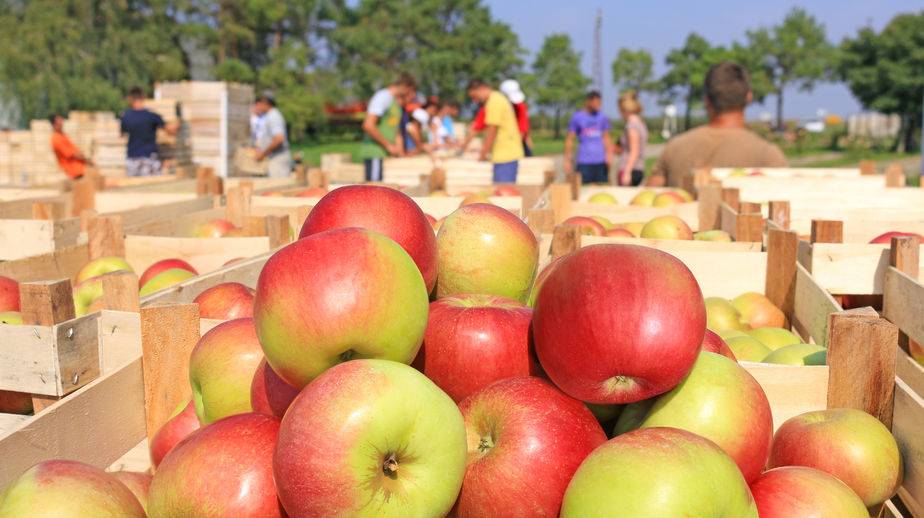
There is less than a year left to put a new seasonal workers scheme in place, according to a new report.
Without such a scheme, the fresh fruit and vegetable sector will face a "catastrophe".
This is according to an independent study by consultancy Andersons Midlands into the post-Brexit labour requirements of the sector.
Launched at the National Fruit Show on Wednesday (25 October), the report states that the UK needs around 10,300 seasonal workers each year to manage and harvest an orchard-grown fruit crop of 300,000 tonnes, worth over £180 million.
“The 2019 crop – and with it the future of the industry - is at stake,” said growers’ organisation English Apples and Pears chief executive Steven Munday.
“Until now the vast majority of our labour has come from Europe, but there are currently no post-Brexit guarantees that this will continue.
“It is no use waiting until March 2019 when we leave the EU to see what happens. We have to organise our workforce about a year in advance, so September 2018 is the deadline for a seasonal workers scheme to be in place. Without this, the consequences for growers, consumers and the environment will be devastating.”
'Counting down to a catastrophe'
According to the study, about 30% of UK demand for orchard fruits (apples, pears, plums, cherries, peaches, nectarines and apricots) is met with fruit grown in the UK.
The report states that the loss of this volume would increase imports, potentially raise prices, and add to environmental costs.
The report notes that growers face “insurmountable difficulties” in recruiting UK workers in rural areas, with only a small fraction of the seasonal labour force provided by UK nationals.
By far the majority come from the European Union. Labour accounts for up to 50% of the costs of production for growers.
It states that having continued access to a competitive labour market is essential for the continuing prosperity and growth of UK orchard fruits.
“UK orchard fruit is a success story. Volumes grown here are up by 27% since 1997 and we’re predicting more growth for the future. In fact we’ll need 11,500 workers by 2021. All of this is now in jeopardy unless the labour situation is resolved,” added Mr Munday. “We are counting down to catastrophe.”
